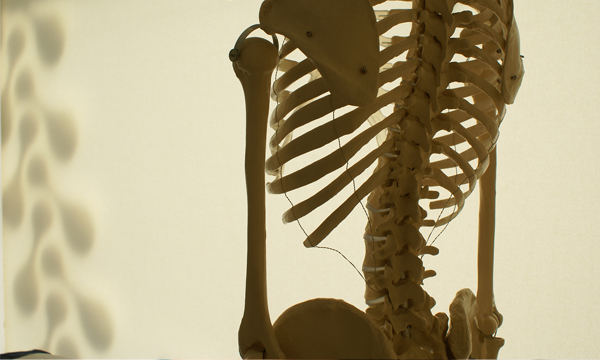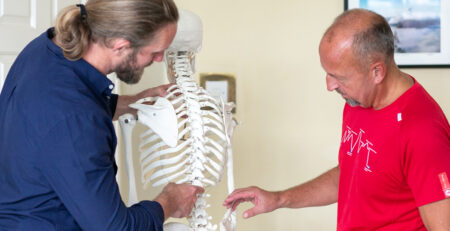Pre-appointment screening questionnaire
- Have you or anyone else in your household had close contact with or cared for someone diagnosed with Covid-19 within the last 14 days? – yes/no
- Have you or anyone in your household experienced any cold or flu-like symptoms in the last 14 days ( including fever, raised temperature, cough, sore throat, respiratory illness, and breathing difficulties)? – yes/no
Less common symptoms include; aches and pains, headache, and loss of sense of smell and taste.
Patients with more profound symptoms, difficulty breathing, shortness of breath, chest pain, or pressure should be referred to emergency medical care.
Screening will minimise Covid-19 exposure and ensure the safety of those who are members of high-risk groups. For the purposes of screening, patients can be categorised into four groups.
High Risk (clinically extremely vulnerable) from coronavirus include people who:
- have had an organ transplant
- are having chemotherapy or antibody treatment for cancer, including immunotherapy
- are having an intense course of radiotherapy (radical radiotherapy) for lung cancer
- are having targeted cancer treatments that can affect the immune system (such as protein kinase inhibitors or PARP inhibitors)
- have blood or bone marrow cancer (such as leukaemia, lymphoma or myeloma)
- have had a bone marrow or stem cell transplant in the past six months, or are still taking an immunosuppressant medicine
- have been told by a doctor that you have a severe lung condition (such as cystic fibrosis, severe asthma or severe COPD)
- have a condition that means they have a very high risk of getting infections (such as SCID or sickle cell)
- are taking medicine that makes them much more likely to get infections (such as high doses of steroids)
- have a serious heart condition and are pregnant
They should not be leaving their home for any reason (shielding).
People at Moderate Risk (clinically vulnerable) from coronavirus include people who:
- are 70 or older
- are pregnant
- have a lung condition that’s not severe (such as asthma, COPD, emphysema or bronchitis)
- have heart disease (such as heart failure)
- have diabetes
- have chronic kidney disease
- have liver disease (such as hepatitis)
- have a condition affecting the brain or nerves (such as Parkinson’s disease, motor neurone disease, multiple sclerosis or cerebral palsy)
- have a condition that means they have a high risk of getting infections
- are taking medicine that can affect the immune system (such as low doses of steroids)
- are very obese (a BMI of 40 or above)
The following table outlines the different pathways of care for each patient category:
| Symptoms, risk and care assessment | Action recommended |
| Group1. Covid-19 symptoms present. Cough, shortness of breath, temperature above 37.5c. | Recommend self isolation for 14 days. Offer remote consultation if required. If symptoms are severe recommend to contact NHS 111 or 999. |
| Group 2. No fever and improvement of other Covid-19 symptoms in the last 3-4 days. Covid-19 symptoms development over 1 week prior to contacting the clinic and or 2 negative tests for Covid-19 24 hours apart and NOT belonging to high-risk category AND with the need for emergency care. | Educate and offer remote consultation if possible. Face-to-face appointments undertaken at the practice if no alternative following IPC and PPE protocol. |
| Group 3. No current Covid-19 related symptoms, no contact with suspected or confirmed Covid-19 cases in the last 14v days but belonging to high risk category. | Recommend to continue self-isolation. Educate and reassure via remote consultation. No home visits. |
| Group 4. No current Covid-19 related symptoms, no contact with suspected or confirmed Covid-19 cases with the preceding 14 days, not belonging to high-risk category with the need for a face-to-face consultation. | Reassure, educate and offer remote consultation if possible. Arrange face-to-face consultation if appropriate. Follow IPC and PPE protocol. |




